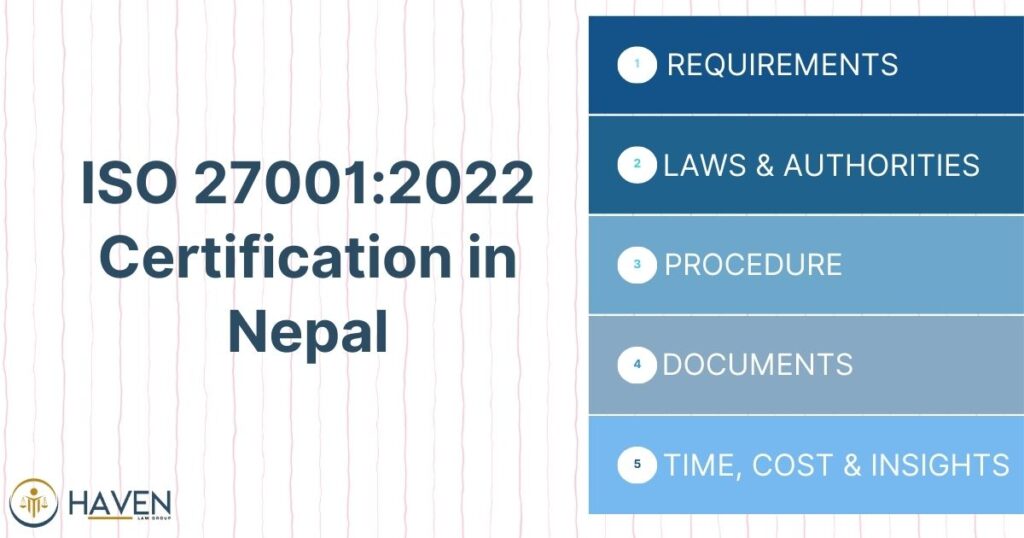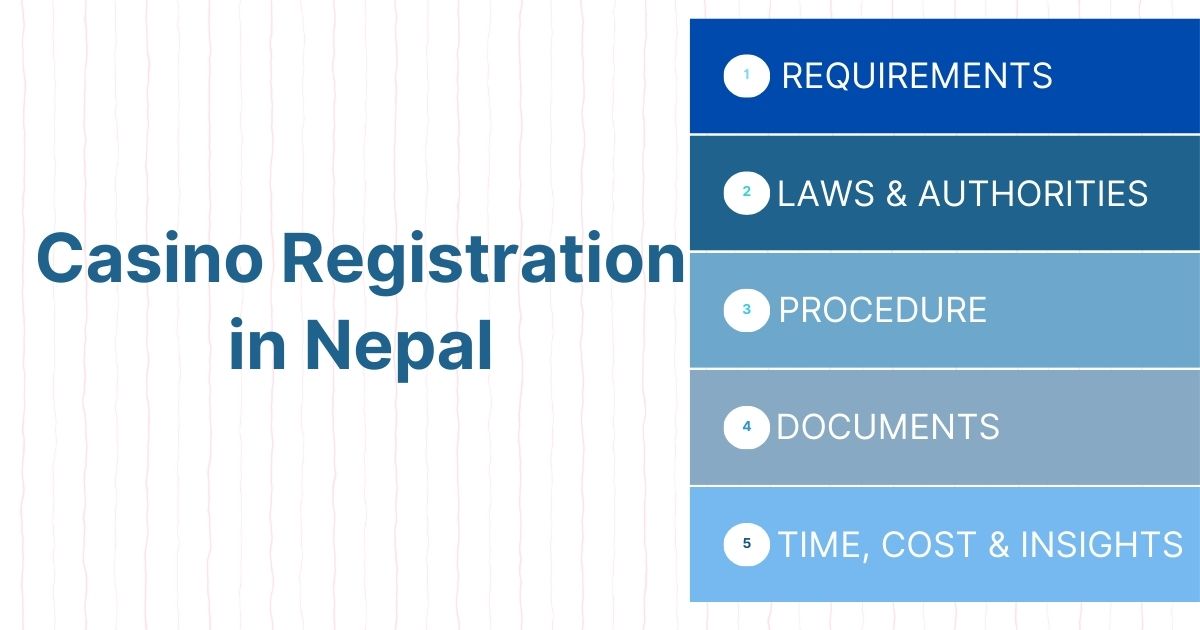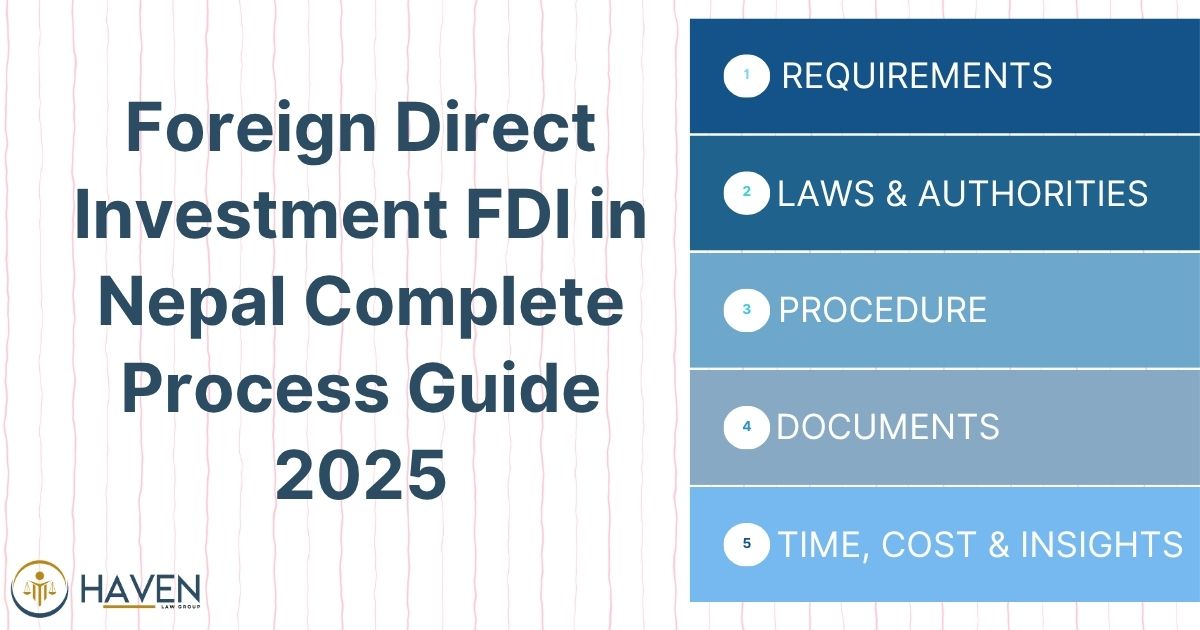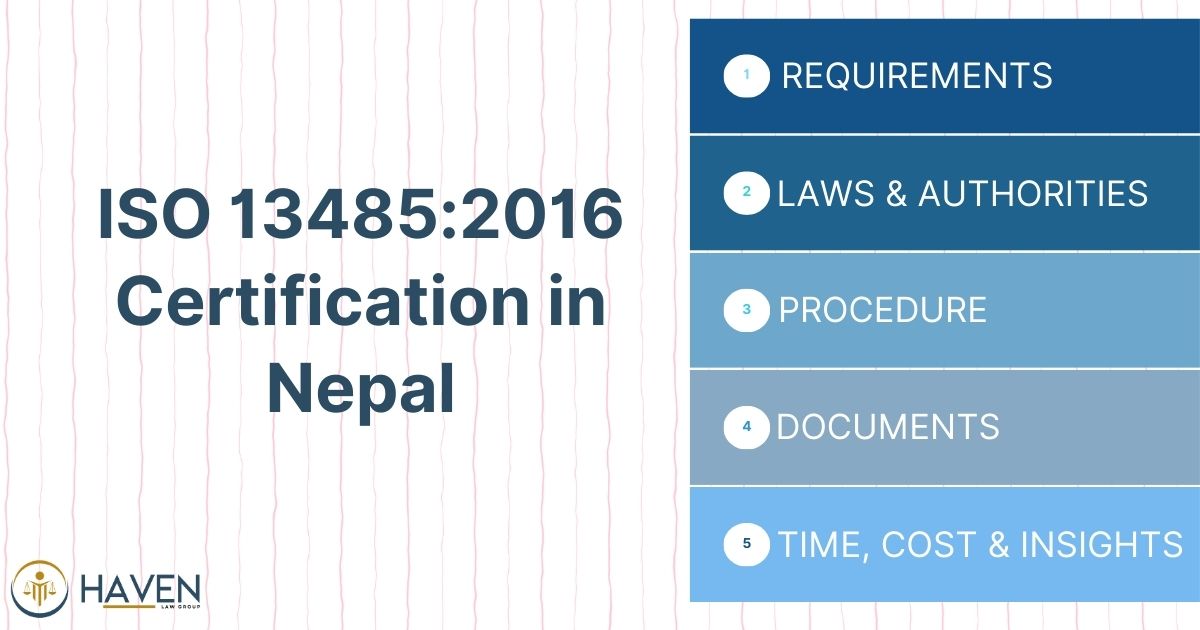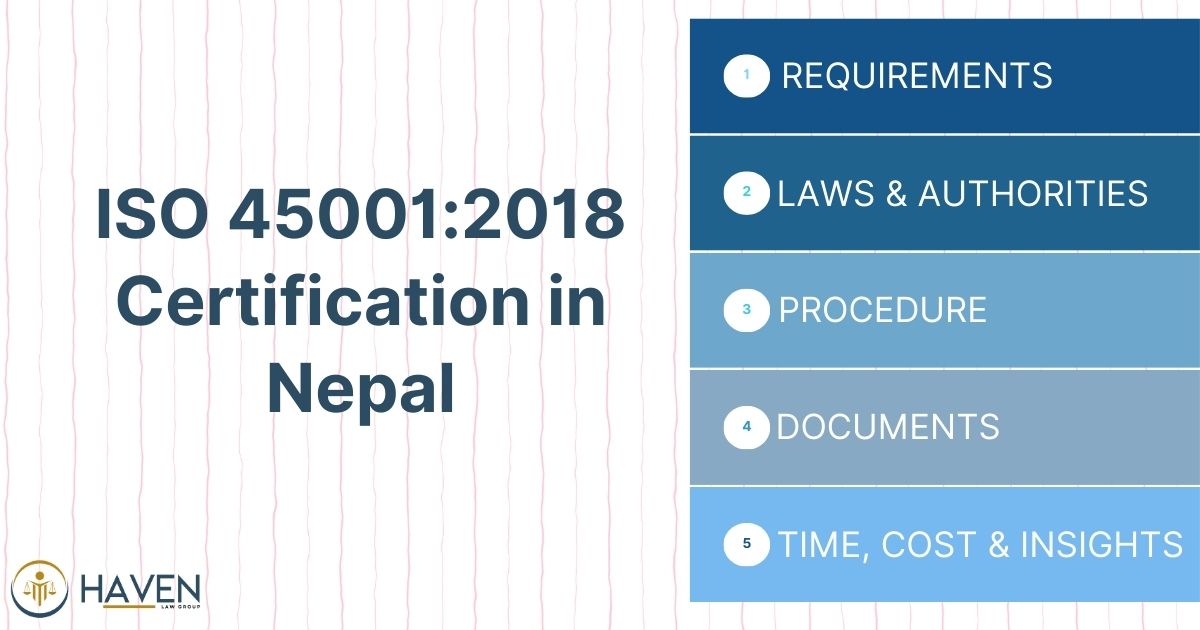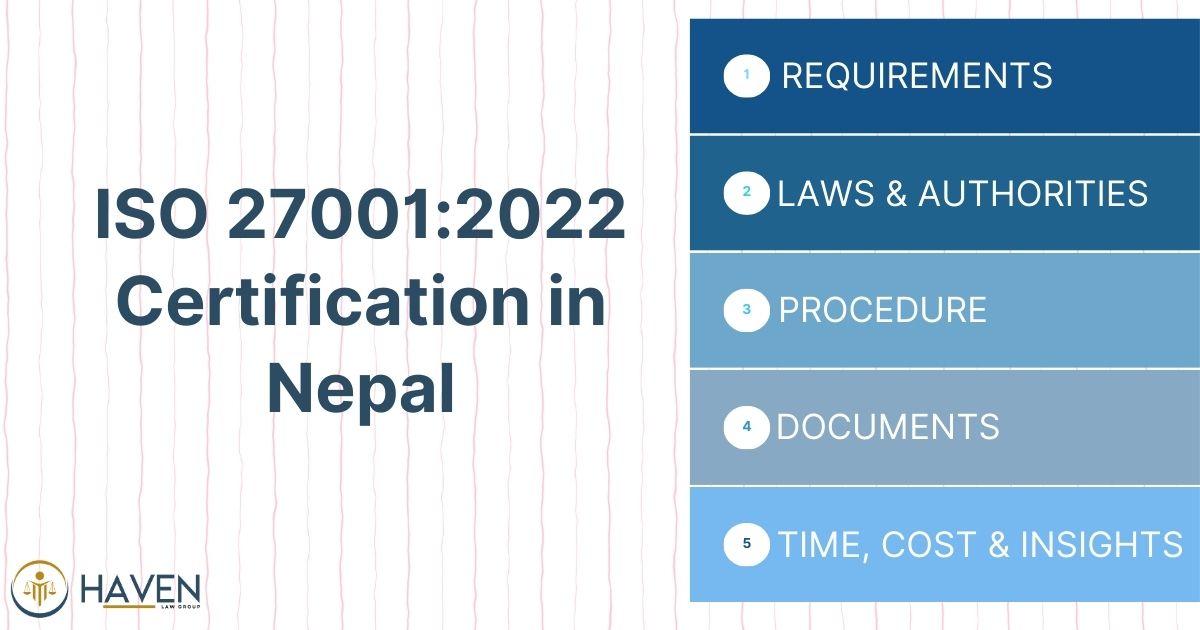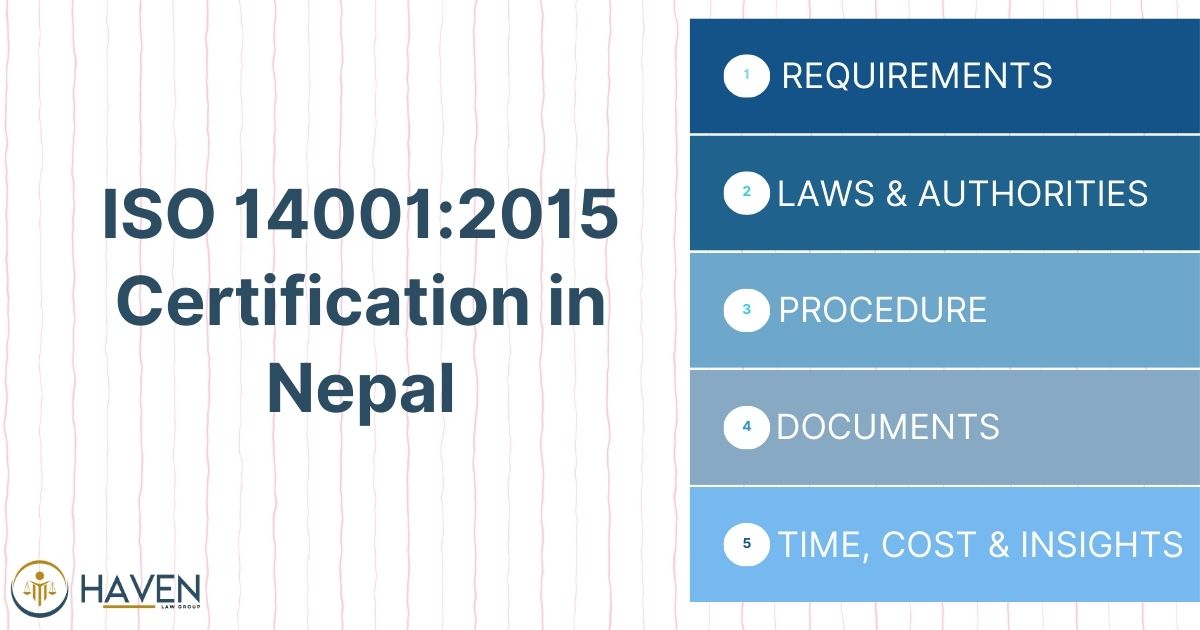Introduction
In today’s digital age, information is the most valuable asset of any organization. From customer data and financial records to intellectual property and business secrets, protecting sensitive information is critical. Cybersecurity risks, data breaches, and compliance requirements have made ISO 27001:2022 certification in Nepal one of the most sought-after standards for businesses of all sizes.
ISO 27001:2022 Certification in Nepal is essential for organizations looking to secure their information assets effectively.
ISO 27001:2022 Certification in Nepal also provides a competitive edge in the marketplace.
ISO 27001 is the international standard for Information Security Management Systems (ISMS), designed to help organizations establish, implement, maintain, and continuously improve their information security practices. In Nepal, businesses in industries such as banking, IT, government, manufacturing, healthcare, and consulting are increasingly adopting ISO 27001 to enhance trust, gain global recognition, and comply with regulations.
This article provides a complete 4000-word guide to ISO 27001:2022 certification in Nepal, including its importance, process, benefits, challenges, and costs.
What is ISO 27001:2022?
ISO 27001:2022 is the latest revision of the ISO 27001 standard, published by the International Organization for Standardization (ISO). It provides a systematic framework for managing information security risks through a set of policies, procedures, and technical controls.
Key highlights of ISO 27001:2022:
With ISO 27001:2022 Certification in Nepal, businesses can demonstrate their commitment to information security.
ISO 27001:2022 Certification in Nepal is an important step towards enhanced cybersecurity.
- Focuses on information confidentiality, integrity, and availability.
- Aligns with modern cybersecurity risks such as cloud security, remote work, and supply chain risks.
- Introduces updated Annex A controls based on ISO/IEC 27002:2022.
- Encourages risk-based thinking and continuous improvement.
Achieving ISO 27001:2022 Certification in Nepal helps mitigate risks associated with data breaches.
In short, ISO 27001 ensures that organizations in Nepal protect their data, manage risks effectively, and comply with both national and international standards.
ISO 27001:2022 Certification in Nepal aligns organizations with global best practices in information security.
Importance of ISO 27001 Certification in Nepal
For IT companies, ISO 27001:2022 Certification in Nepal can streamline international contracts.
1. Rising Cybersecurity Threats
ISO 27001:2022 Certification in Nepal shows clients that their data is protected.
Nepalese businesses are increasingly exposed to hacking, phishing, ransomware, and insider threats. ISO 27001 helps create a defense mechanism against cyberattacks.
Organizations must consider ISO 27001:2022 Certification in Nepal to remain competitive.
2. Regulatory Compliance
With the Electronic Transaction Act, 2063 (2006) and upcoming Data Protection Bill, Nepali organizations must show compliance in data security. ISO 27001 acts as an internationally recognized compliance framework.
3. International Business & Outsourcing
By achieving ISO 27001:2022 Certification in Nepal, organizations can secure sensitive data.
IT companies, BPOs, and manpower consultancies in Nepal often work with foreign clients. ISO 27001 certification builds trust and ensures smooth outsourcing contracts.
4. Reputation & Customer Confidence
Certification signals to clients, investors, and stakeholders that your organization is serious about protecting information.
5. Competitive Advantage
In industries like banking, finance, and healthcare, ISO 27001 certification gives businesses in Nepal a strategic edge over competitors.
Scope of ISO 27001 Certification in Nepal
Organizations of all sizes and sectors in Nepal can adopt ISO 27001. Common industries include:
- Banking & Finance – Secure online transactions, customer data, and compliance with NRB regulations.
- IT & Software Companies – Cloud security, application development, and outsourcing contracts.
- Healthcare & Hospitals – Protecting patient medical records and health data.
- Government Institutions – Safeguarding national records and citizen information.
- Manufacturing & Supply Chain – Ensuring confidentiality of designs, intellectual property, and supply chain data.
- Educational Institutions – Protecting student and research data.
ISO 27001 Certification Process in Nepal
The certification process involves several stages. Below is a step-by-step guide:
Step 1: Gap Analysis
- Assess current information security practices.
- Identify gaps compared to ISO 27001:2022 requirements.
Step 2: Define Scope & Objectives
- Determine which departments, locations, and systems will be covered.
- Define objectives like reducing cyber risks or meeting client requirements.
Step 3: Risk Assessment & Treatment
Organizations that hold ISO 27001:2022 Certification in Nepal are seen as trustworthy partners.
- Identify potential threats (cyberattacks, human errors, natural disasters).
- Evaluate likelihood and impact.
- Create a Risk Treatment Plan.
Step 4: Documentation & ISMS Implementation
ISO 27001:2022 Certification in Nepal helps reduce the likelihood of data breaches.
To achieve ISO 27001:2022 Certification in Nepal, businesses must follow the outlined processes.
- Develop Information Security Policy.
- Create procedures for data handling, access control, and incident management.
- Train employees on security awareness.
Step 5: Internal Audit
- Conduct internal audits to ensure compliance.
- Fix nonconformities.
For many organizations, obtaining ISO 27001:2022 Certification in Nepal is a strategic decision.
Step 6: Certification Audit (External)
- Stage 1: Documentation Review.
- Stage 2: On-site audit of implemented ISMS.
Step 7: Certification Issuance
- If compliant, the organization receives ISO 27001:2022 certification valid for 3 years.
- Annual surveillance audits are required.
Documents Required for ISO 27001 Certification in Nepal
Organizations typically need:
- Information Security Policy.
- Risk Assessment & Risk Treatment Plan.
- Statement of Applicability (SOA).
- Incident Response Procedures.
- Asset Management Records.
- Access Control Policy.
- Business Continuity Plan.
- Internal Audit Reports.
Benefits of ISO 27001 Certification in Nepal
Business Benefits
- Builds trust with clients & investors.
- Opens opportunities for international contracts.
- Improves reputation and brand value.
ISO 27001:2022 Certification in Nepal is essential for future business success.
Operational Benefits
- Reduces cybersecurity incidents.
- Streamlines data management.
- Improves employee security awareness.
Compliance Benefits
- Helps comply with Nepal’s laws and international regulations (GDPR, HIPAA, etc.).
- Avoids penalties from data breaches.
ISO 27001:2022 vs. ISO 27001:2013
| Aspect | ISO 27001:2013 | ISO 27001:2022 |
|---|---|---|
| Annex A Controls | 114 controls | 93 controls (restructured) |
| Themes | Technology-heavy | Includes organizational, people, and physical controls |
| Focus | Compliance | Risk-based + resilience |
| Alignment | ISO/IEC 27002:2013 | ISO/IEC 27002:2022 |
Cost of ISO 27001 Certification in Nepal
The cost depends on:
- Size of the organization.
- Scope of certification.
- Certification body chosen.
- Consultancy fees.
Challenges of Implementing ISO 27001 in Nepal
- Lack of skilled cybersecurity professionals.
- Limited awareness among SMEs.
- High implementation cost for small businesses.
- Resistance to change from employees.
Future of ISO 27001 in Nepal
With Nepal rapidly digitizing in areas like e-banking, e-commerce, and digital government services, ISO 27001 will become a mandatory requirement for competitive businesses. As data protection regulations strengthen, certification will play a key role in ensuring trust, security, and global trade alignment.
Conclusion
ISO 27001:2022 certification in Nepal is no longer just an option—it’s a necessity for businesses that handle sensitive data, engage in international trade, or want to build customer trust. By implementing ISO 27001, organizations can mitigate cybersecurity risks, ensure compliance, and improve their market reputation. Achieving ISO 27001:2022 Certification in Nepal is key to securing valuable information assets.
